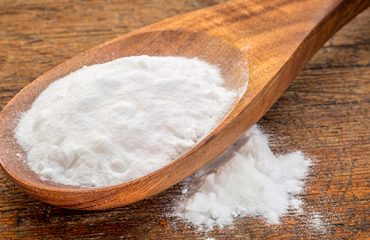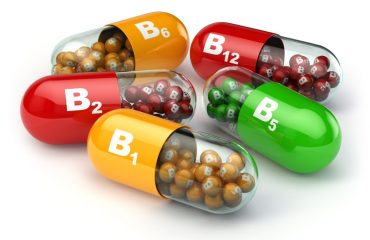Introduction
Vitamins are essential nutrients that humans need to survive and thrive. There are many different ways to consume them, but many people are still vitamin deficient. Many people are not even aware that they are deficient. Below are ways that those deficiencies may manifest, and different ways to correct them.
Vitamin C
Vitamin C, also known as ascorbic acid, is found in many fruits and vegetables. Many people know it for its antioxidant properties. It is absorbed through the oral mucosa (the mouth) and the intestines. Some organs, like the adrenal glands, depend on Vitamin C to function. It is also used in important reactions in the blood to form different forms of iron. Lastly, it is used as a coenzyme in different reactions. For example, it is used in collagen, hormone, carnitine, and noradrenaline synthesis.
As stated above, Vitamin C is found in many fruits and vegetables. People may develop a deficiency if they are malnourished. The classically known presentation is Scurvy, the infamous pirate condition. This manifests in new “corkscrew” hairs, gingivitis, easy bruising, impaired wound healing, joint pain, fatigue, and a weakened immune system.
Vitamin C is best absorbed from food. The food highest in Vitamin C include broccoli, cauliflower, cantaloupe, oranges, peppers, strawberries, and more. Vitamin C is also found in many supplements.
Vitamin B
The B Vitamins are a large group of very important nutrients. Each of them is responsible for a different function in the body. A deficiency in each of them manifests with symptoms unique to that form of Vitamin B. There are 8 major B Vitamins: B1, B2, B3, B5, B6, B7, B9, and B12. Many of these have other names. Each of these B Vitamins will be explored in the following article. Overall, a well-rounded diet is important in order to get each of the B Vitamins. This includes whole grains, red meat, poultry, fish, leafy greens, legumes, and dairy.
Calcium
Calcium is crucial to many functions of the body. It is absorbed through the gastrointestinal tract, resorbed from bones, and regulated by the parathyroid hormone. All of this works within a delicate but normally well-regulated balance, which is intertwined with the regulation of phosphorous and Vitamin D. There are many reasons that a person may be calcium deficient. Some may be due to nutrition, but some forms of calcium deficiency are caused by other disease processes in the body. This can be an issue with the kidneys, parathyroid, or bones. Hypocalcemia – too little calcium – is defined as less than 8.5mg/dL in the blood. Symptoms of hypocalcemia include tetany (jerking, typically in the wrist and cheek), pins and needles sensation, diarrhea, and even seizures or cardiac arrhythmias.
Calcium is found in dairy, as many people are aware. This includes milk, cheese, and yogurt. However, many people do not realize that calcium is found in many vegan options as well, including leafy greens, legumes, and tofu.
Magnesium
Magnesium is a mineral, an electrolyte like calcium, involved with maintaining the balance of other electrolytes. It is responsible for many reactions in the body that produce proteins, control muscle and nerve function, and control blood sugar. It is absorbed in the small intestine and excreted by the kidneys in the form of urine.
People may be deficient in magnesium from congenital illnesses, meaning they were born with an issue. It may also be secondary to another issue, like urinating too frequently for a certain reason, or abusing laxatives. Low magnesium may be due to malnourishment, particularly in alcoholics. The symptoms of low magnesium can be similar to low calcium. These include tetany and cardiac arrhythmias. In the case of low magnesium, the arrhythmias are specific. They include something called a premature ventricular contraction and a prolonged QT interval. These could be fatal.
Magnesium is found in many foods. Many food items are fortified with magnesium. It is naturally found in foods such as leafy greens, nuts, seeds, legumes, whole grains, and some dairy products.
Water Soluble vs. Fat Soluble
All of the vitamins listed today are water soluble. This means that the excess is excreted in urine. This is contrast to fat soluble vitamins. The fat soluble vitamins, Vitamins A, D, E, and K, are not urinated. Instead, when there is too much A, D, E, or K, the excess is stored in fat. This can become dangerous. The body has no quick way to rid itself of these vitamins, so if they build up to a certain point they can cause damage. The water soluble vitamins listed here, however, are simply removed with urine when the body does not need them.
Conclusion
At the Antiaging and Wellness Clinic, we provide testing to determine vitamin deficiencies. We can also provide nutritional counseling and IV nutrition to correct these imbalances. Together, we can help you achieve your health and wellness goals. Contact us today for more information.








